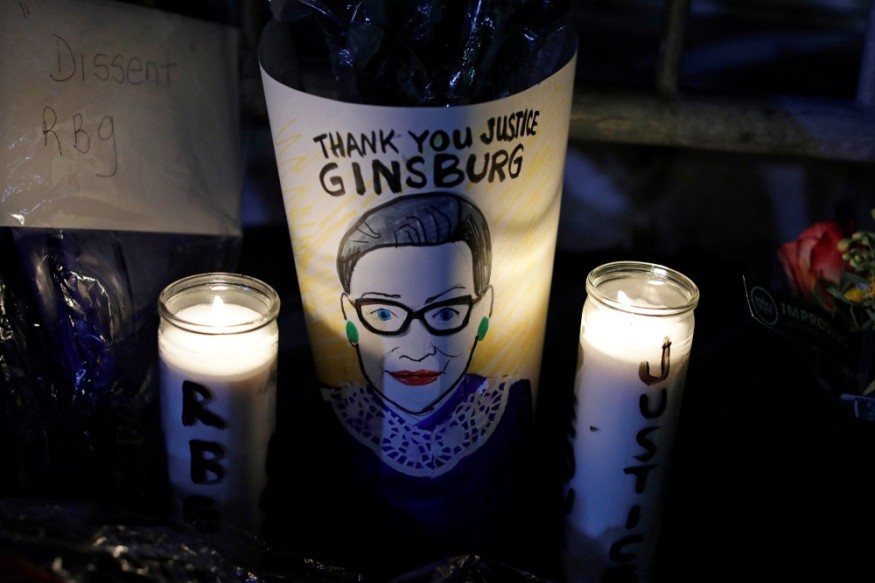Justice Ruth Bader Ginsburg: The Defender of Latinos and Immigrants
Latino leaders and organizations recognized the efforts of late Justice Ruth Bader Ginsburg as the defender of Latinos, excluded, oppressed, and immigrants.

Latino civic and advocacy organizations have joined the outpouring sympathy over the passing of ideal court Justice Ruth Bader Ginsburg. The pioneering jurist died at her domestic in Washington on September 18 at the age of 87. She began as a jurist since 1993, Ginsburg was long a defender of the legal, civil, and constitutional rights of Latinos and immigrants in the country
Domingo Garcia, national president of the League of United Latin American residents, said, "One of Justice Ginsburg's greatest legacies was that she understood and greatly respected the spirit of the law as much as the letter of the law. She was well aware of her place in history as one of the voices for the excluded, the oppressed, and those trying to find real justice in our courts."
Rep. Veronica Escobar posted on her Twitter account, "Our nation has lost a giant. Justice Ruth Bader Ginsburg was a pioneer and trailblazer who fiercely advocated gender equality and women's rights. The life and legacy of the Great Dissenter will forever be celebrated and honored in American history."
The Hispanic Countrywide Bar Association, in its announcement, known as Ginsburg "a legal giant" and "a fervent defender of civil liberties and civil rights... and a bridge-builder on our nation's highest court."
Other advocacy groups, consisting of Latino Victory Fund, and Voto Latino, additionally expressed disappointment and sadness over Ginsburg's passing. L. A. Times columnist Gustavo Arellano wrote that the first-rate way to honor the late justice's legacy might be to vote on November 3.
Ginsburg penned a fiery dissent in Shelby County V. Holder (2013), which dismantled a key provision of the balloting Rights Act mandating that southern states get federal approval earlier than converting balloting laws. "Throwing out preclearance while it has labored and is persevering with to work to forestall discriminatory changes is like throwing away your umbrella in a rainstorm due to the fact you aren't getting moist," she wrote.
The Shelby County case has had sizable implications for Latinos and other communities of coloration. It resulted in new regulations and regulations on voting, which may be regarded as attempts at voter suppression.
On immigration, Ginsburg's critiques mirror a regular subject for migrants' rights, along with immigrant detainees.
- In June 2020, she sided with the court docket's majority in DHS. V. Regents of the college of California, locating that the Trump management had improperly terminated the DACA software (which presents deportation alleviation to certain younger immigrants).
- In Arizona v. U.S. (2012), Ginsburg again sided with most people, hanging down three provisions in Arizona's SB1070, the state's arguable "papers, please" law.
- In Demore v. Kim (2003), Ginsburg became in the minority, arguing against prolonged mandatory immigrant detention.
- In Zadvydas v. Davis (2001), she joined with most people in finding that the government couldn't keep immigrant detainees indefinitely if their home countries refused to accept their repatriation.
Late Justice Ruth Bader Ginsburg will always be remembered by Latinos, Hispanics, and immigrants who continue to fight for their rights and the racism issue.
Check these out!
Subscribe to Latin Post!
Sign up for our free newsletter for the Latest coverage!













